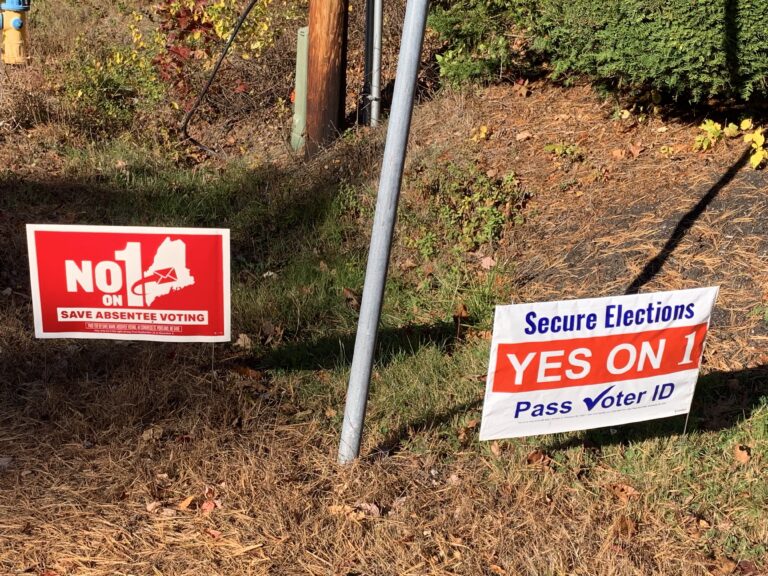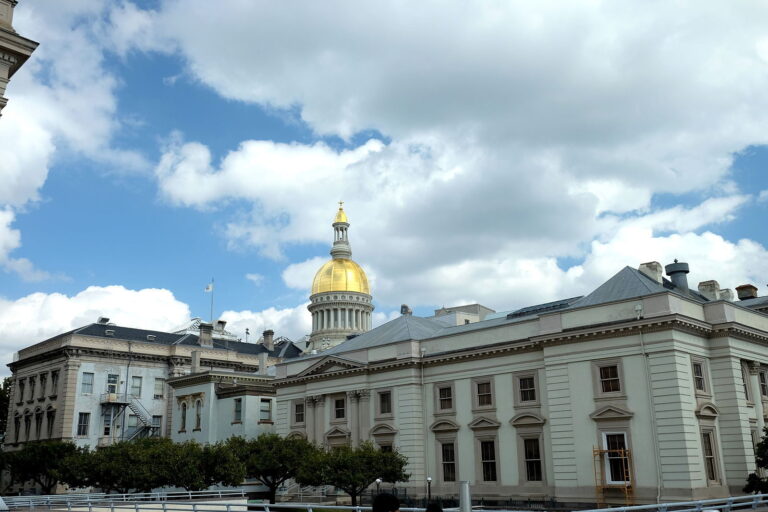The Utility Industry’s Influence at Universities
Universities and professors, funded by fossil fuel and utility special interests, are increasingly producing academic reports, supporting advocacy efforts, and amplifying positions that either recommend policies or provide credence to what the energy industry seeks to achieve in the legislative and regulatory arenas.
Energy and Policy Institute (EPI) conducted an investigation in an attempt to understand how utility companies and their trade association, Edison Electric Institute (EEI), are influencing the political and regulatory process through university-based institutes and faculty.
Download our report here (.pdf)
The Louisiana State University AgCenter released a solar report in early 2015 entitled “Solar Power for Your Home: A Consumer’s Guide.” Through public record requests, EPI uncovered that EEI not only funded the report, but provided editorial recommendations through emails and drafts in the months leading up to publication.
LSU professor David Dismukes is also detailed in this report for his role in producing an economic study attacking distributed solar energy. Dismukes runs Acadian Consulting, whose clients include Duke Energy, NRG Energy, CLECO Corporation, Sempra Energy, along with several other utility and fossil fuel entities. Dismukes’ report did not accurately analyze the cost of distributed solar energy systems for other ratepayers, which is what he was hired to do by the Louisiana Public Service Commission. Instead, he used the opportunity to produce a report that focused on the cost of the state’s tax credit for installing new solar panels.
The Harvard Electricity Policy Group, run by former Ohio Public Utilities Commissioner Ashley Brown, has received funding from American Electric Power, Duke Energy, FirstEnergy, Southern Company, and other utility companies. Brown routinely criticizes the value of solar in public testimony, academic journals, and opinion pieces. In many cases, Brown and the publications fail to disclose that his organization receives funding from utility interests.
The Center for Public Utilities at New Mexico State University provides training programs for utility commissioners and other professionals involved in the electricity industry. However, the center relies on EEI to help craft its training program, and sponsors of the center include EEI and over a dozen utility companies including Arizona Public Service Company, MidAmerican Energy (part of Berkshire Hathaway), and Pepco.
Finally, the Wisconsin Public Utilities Institute, housed at the University of Wisconsin, is partially funded by its “Sustaining Members,” which include Alliant Energy, Madison Gas & Electric, We Energies, Wisconsin Public Service, and Xcel Energy. The institute routinely hosts EEI-branded courses focused on educating staff of state utility commissions. These courses feature utility industry staff and consultants as the instructors and teach EEI-recommended curriculum.
As reported by The Washington Post, the industry created a strategy to impede the growth of distributed solar generation. The strategy to stop rooftop solar included lobbying governors and utility regulators to eliminate pro-solar energy policies.
EPI’s investigation into how utility companies and EEI work with universities behind closed-doors comes at a time when the public is becoming increasingly aware of other special interests that have relationships with universities.
Last year alone the public learned:
- University of Kansas’ Art Hall testified in the Kansas state senate urging the repeal of the state’s renewable energy standard. He relied upon research that was funded by a grant from the Fred and Mary Koch Foundation, which is controlled by the fossil fuel billionaires, Charles and David Koch. The Koch foundation also paid a portion of Hall’s salary.
- Richard Berman, the notorious Washington insider, routed money to Suffolk University’s Beacon Hill Institute to publish reports criticizing the Environmental Protection Agency’s rules cutting carbon dioxide from power plants. Months after the funding was revealed, Suffolk University announced that it will cut ties with the Beacon Hill Institute, specifically because the institute could no longer raise money under university guidelines favoring transparency, which the university began to implement.
- Willie Soon, a researcher at the Harvard-Smithsonian Center for Astrophysics in Cambridge, Massachusetts, was funded by the energy industry, including Southern Company, to deliver research denying the mainstream scientific consensus on climate change, claiming global warming is being driven by the sun.
EPI’s investigation reveals an ongoing effort by utilities and fossil fuel interests to influence public officials through university courses and conferences and fund reports authored by academic staff to boost lobbying efforts targeting state government officials and decision makers.
Utility_Industry_Influence_at_Universities-1


